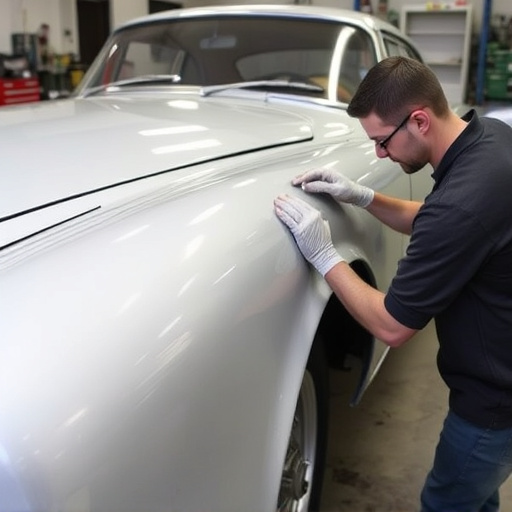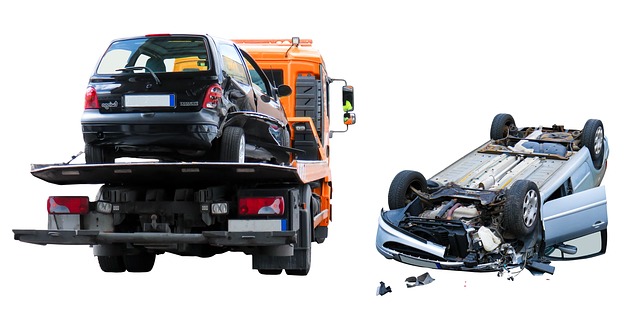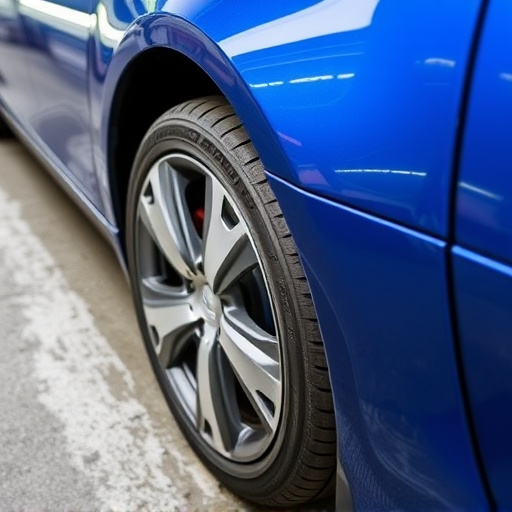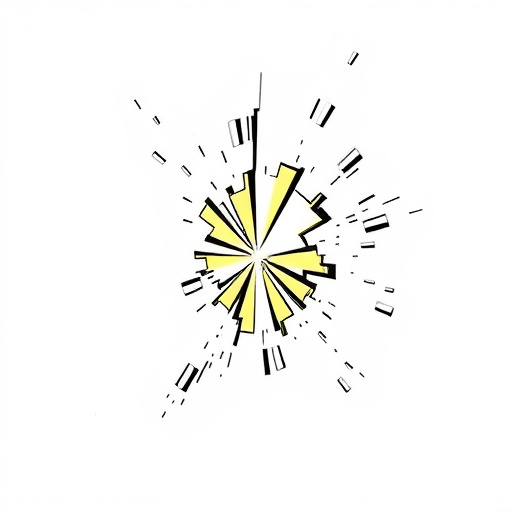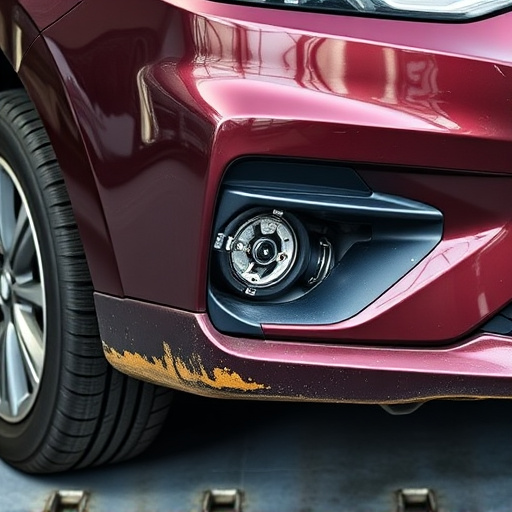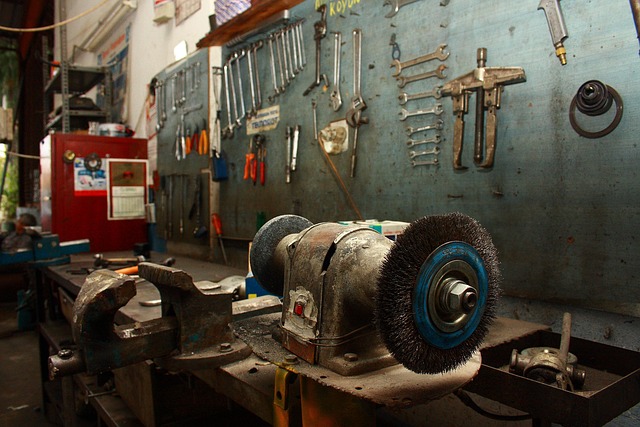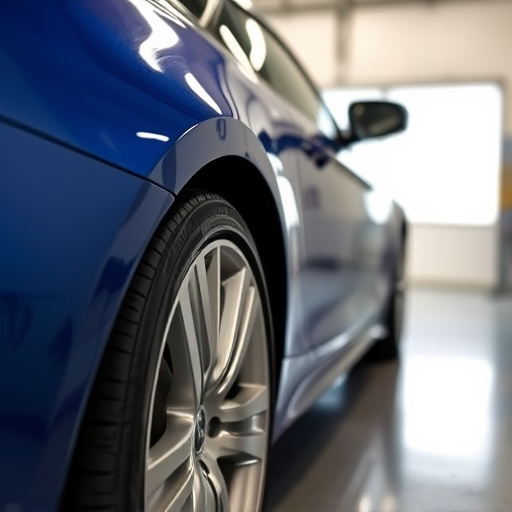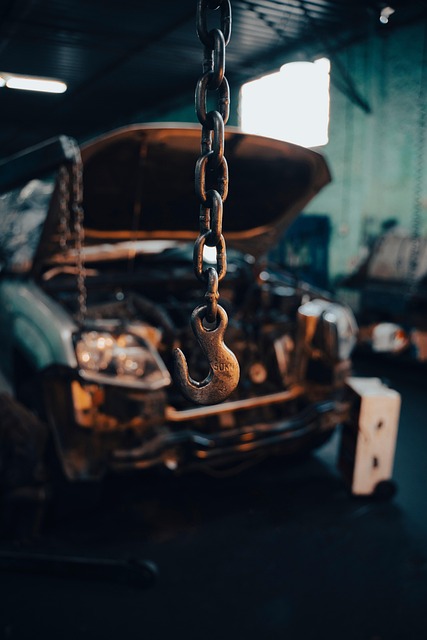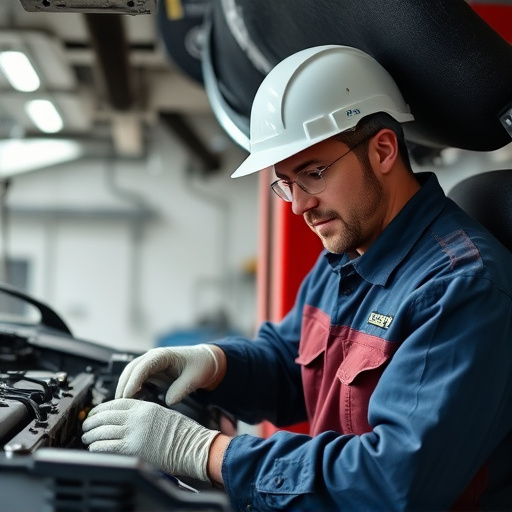Anti-corrosion materials are vital for preserving property values, especially in challenging environments. They extend vehicle lifespans, reduce dent repair needs, enhance aesthetics, and potentially increase insurance settlements. Adopting these coatings lowers repair costs, benefits owners and insurers, reduces insurance claims, enhances structural integrity, and streamlines collision repair services. Incorporating advanced anti-corrosion materials offers strategic advantages for body shops and car restoration services by increasing vehicle durability and delaying replacement needs.
Anti-corrosion coatings have emerged as game-changers in property preservation, offering enhanced durability and reduced maintenance costs. This article explores how these innovative materials significantly impact insurance repair claims. From preserving property value through extended lifespan to reducing claim frequency, anti-corrosion coatings prove their worth. We delve into the cost savings they offer compared to short-lived solutions, making a strong case for their integration in construction and infrastructure projects.
- Impact of Anti-Corrosion Coating on Property Value
- Reduced Claims Frequency: A Case for Durable Materials
- Cost Savings in Insurance Repairs: Longevity vs. Short-Lived Solutions
Impact of Anti-Corrosion Coating on Property Value
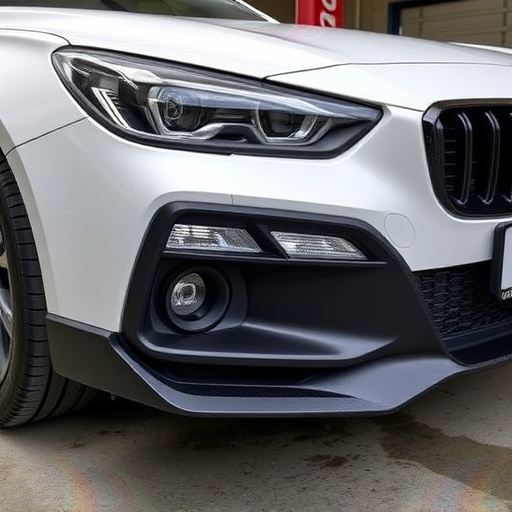
Anti-corrosion coatings play a significant role in preserving property values, especially for structures and vehicles exposed to harsh environmental conditions. When applied to cars or fleet vehicles, these protective layers can extend the lifespan of the vehicle’s exterior, reducing the need for frequent car dent repair or complete bodywork services. This is particularly beneficial for commercial fleets, where regular maintenance and quick turnarounds are essential to operational efficiency.
By minimizing corrosion, anti-corrosion materials contribute to the overall aesthetic appeal and market value of a property. A well-maintained, unblemished surface can attract higher insurance settlements in the event of damage, making it an important consideration for policyholders. This proactive approach to protection not only reduces repair costs but also ensures that assets retain their worth over time, benefiting both owners and insurers alike.
Reduced Claims Frequency: A Case for Durable Materials
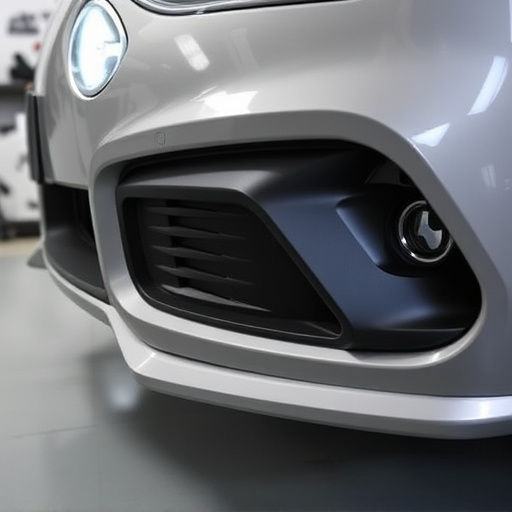
The use of anti-corrosion materials has a significant impact on reducing the frequency of insurance repair claims, particularly in the automotive industry. These advanced materials are designed to protect metal surfaces from rust and corrosion, which are common issues faced by auto repair shops and collision repair services. By employing durable anti-corrosion coatings and treatments, body shop services can extend the lifespan of vehicles, delaying the need for frequent repairs.
This shift towards more resilient materials is a game-changer in the management of insurance claims. The traditional reliance on regular metal parts has often led to higher claim rates due to corrosion-related damage. However, with anti-corrosion treatments, the structural integrity of vehicles is enhanced, resulting in fewer instances of rust and related body shop repairs. This, in turn, translates to lower costs for both insurance providers and policyholders, creating a more efficient and cost-effective process for collision repair services.
Cost Savings in Insurance Repairs: Longevity vs. Short-Lived Solutions
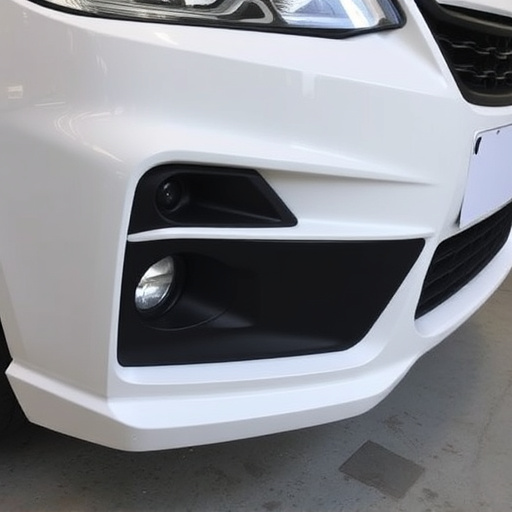
Using anti-corrosion materials can lead to significant cost savings for both insurance companies and policyholders in the event of repairs. Traditional methods often involve short-lived solutions that require frequent replacement, leading to recurring expenses. In contrast, advanced anti-corrosion coatings and treatments offer longevity, protecting against rust and degradation for extended periods. This reduces the need for repeated repairs, which can substantially lower overall repair costs.
For vehicle body shops and car body restoration services, incorporating anti-corrosion materials into their processes is a strategic move. It not only enhances the durability of vehicles but also provides tire services with a stable foundation, delaying the need for replacements. This long-term approach translates to happier customers and more efficient insurance repair claims management.
Anti-corrosion coatings and materials play a significant role in minimizing insurance repair claims by enhancing property longevity and reducing decay. By investing in durable, corrosion-resistant solutions, homeowners and businesses can experience lower claim frequencies and associated costs over time. This cost-effective strategy not only preserves property value but also contributes to a more sustainable and financially secure future for insurers and policyholders alike.


